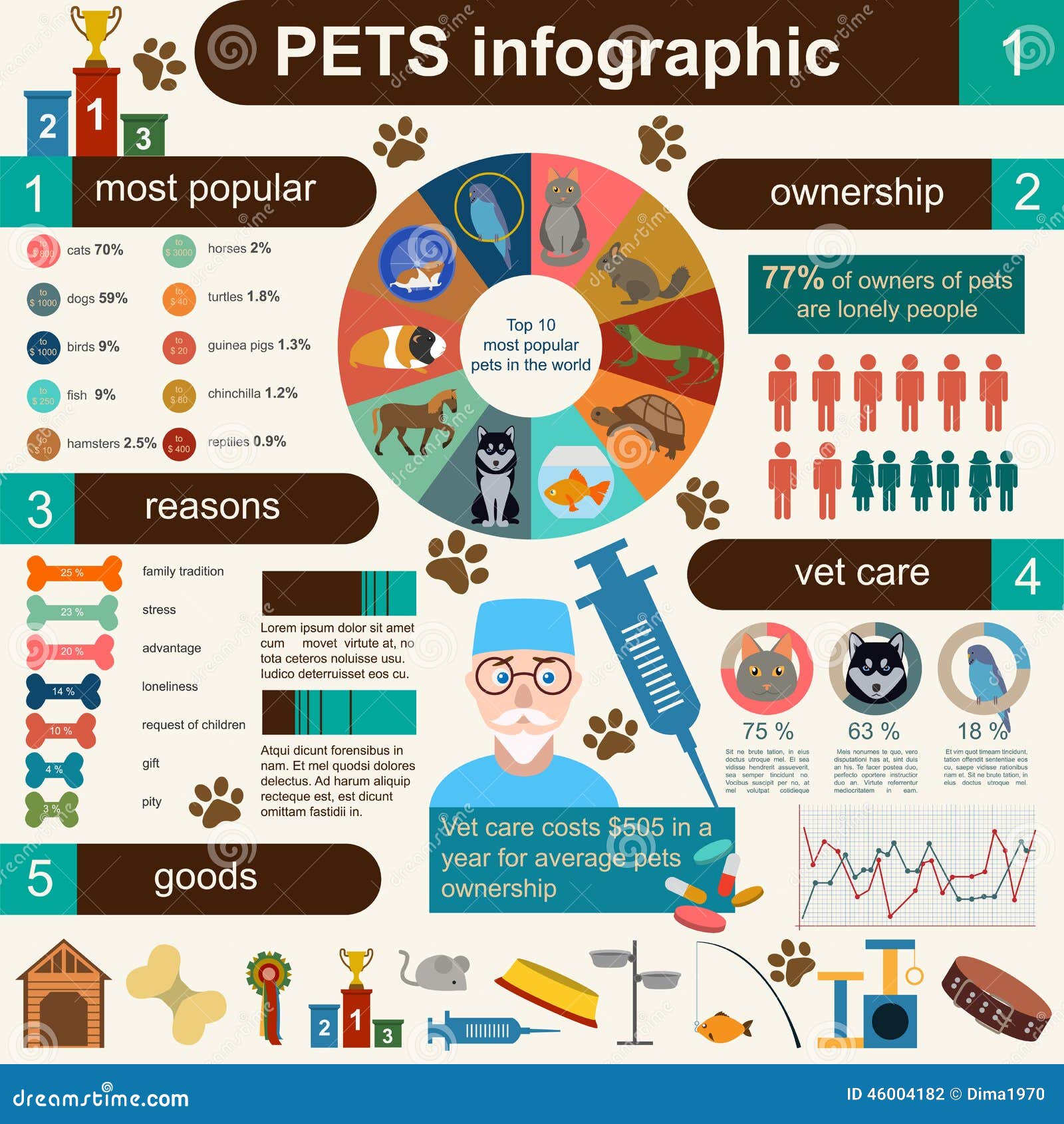Opportunities are that if your pet dog is routinely revealed to various other dogs, even if they're effectively immunized, they may return with some type of illness. Inoculations, regular vet examinations, and excellent hygiene techniques can lessen risk aspects for infection and disease.
Worried or nervous pet dogs can establish intestinal issues and other health and wellness issues that are easily spread between dogs. Establishing age restrictions and behavior regulations can aid make certain that just healthy and balanced pet dogs enter your facility.
Distemper
Canine distemper is a severe and typically fatal virus that strikes a pet's respiratory system, digestive system, skin and body immune systems. Young puppies are particularly vulnerable and can contract the disease through straight contact with a contaminated pet or via the air-borne transmission of virus particles given off during coughing, sneezing or breathing.
The incubation period for canine distemper is in between 3 and 7 days. While pups at daycare may seem to capture parvo from an additional infected canine, it's unlikely given that the incubation duration is so short.
While there is no cure for canine distemper, supportive treatment can aid pet dogs recuperate. This includes fluids, anti-biotics and drugs to manage seizures. The Drake Center for Veterinary Care notes that signs and symptoms consist of drippy eyes and nose, diarrhea, throwing up, anorexia nervosa and neurological problems such as twitching and shakes. Pups need a full inoculation series and yearly boosters to shield them against this disease, which is why reputable pet day care centers call for updated vaccinations.
Kennel Coughing
Kennel Coughing (Canine Transmittable Tracheobronchitis) is an extremely contagious top respiratory system condition caused by microorganisms and infections. It spreads through air-borne droplets from a cough or sneeze, straight get in touch with, and sharing of contaminated things such as toys or water bowls. It is endemic in position where numerous pets are housed close together, such as kennels, pet dog parks, grooming salons and programs. A number of vaccines are offered to safeguard against the virus that cause kennel coughing, and appropriate hygiene techniques can assist prevent infection.
The timeless sign is a dry, hacking coughing similar to that of a goose honk, and the majority of pet dogs recover with little treatment. However, extreme situations can lead to pneumonia, and pups or canines with pre-existing illness go to higher threat for problems. To speed up healing, use a harness as opposed to a collar while your canine is recouping to prevent irritation to the windpipe. A humidifier might also aid to moisten the air and protect against dry coughing.
Parvovirus
Parvovirus (CPV) is a serious illness in dogs. It resembles feline panleukopenia (feline distemper), but it's far more fatal and can spread out rapidly amongst dogs as a result of its incredibly resistant nature.
This virus strikes the digestive tract cellular lining of a canine, damaging it and causing germs to dismiss into the blood stream. The weakened body immune system and overwhelming germs lead to septic shock, which is normally deadly.
Thankfully, vet medical facilities use effective treatment for parvovirus. These drugs are given straight right into a client's blood stream and targeted towards the certain strain of parvovirus. This treatment approach is highly efficient and aids retrain the immune system to eliminate off the infection. Canines with extreme symptoms are typically hospitalized for numerous days for monitoring and intensive like guarantee their survival. Puppies, unvaccinated pet dogs and pets with weak immune systems are especially dogs boarding near me prone to parvovirus. This is especially true for young puppies birthed to stray moms and sanctuary settings, where they are exposed to lots of various other unwell and vulnerable canines.
Pooch Flu
Canine influenza (CIV) is an infectious respiratory system disease that can be triggered by pet dogs sharing infected surfaces or direct contact with breathing secretions. CIV spreads conveniently in environments where there are high numbers of pet dogs, such as pet dog parks, daycares, grooming facilities and vet facilities.
Infected canines dropped the infection through aerosol breathing droplets when coughing or sneezing, and might infect things they come into contact with like cages, toys, food bowls, leashes and the hands and clothes of individuals that manage them. Pets can also be "silent providers" spreading out the infection without revealing any kind of symptoms themselves.
Symptoms of canine influenza consist of sinus and eye discharge, coughing, high temperature, anorexia nervosa, and weak point. The infection can proceed to pneumonia, which can be fatal in some canines. PCR viral testing is offered for verification of infection. Preferably, examples (normally deep nasal or pharyngeal swabs) for PCR screening should be collected within four days of the onset of medical indications.
